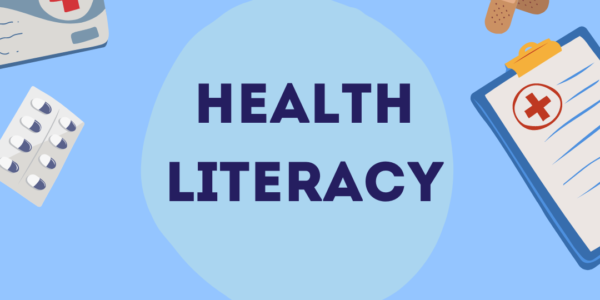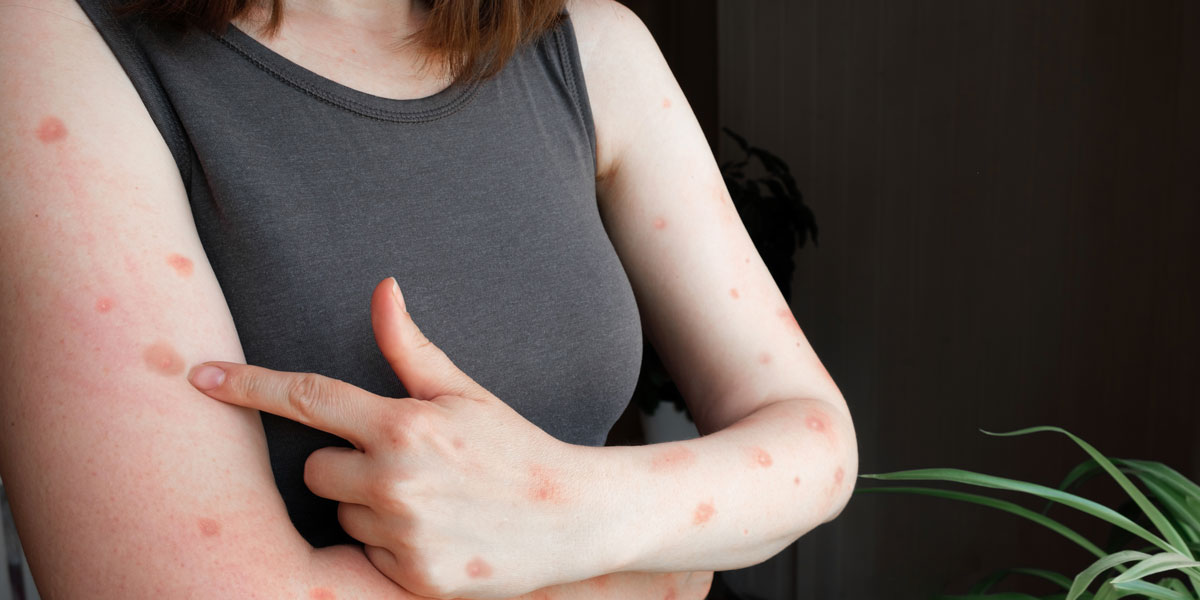Autumn marks the onset of various respiratory infections that tend to surge during the colder months. As the weather cools and people spend more time indoors, these illnesses have a better chance of spreading between people through airborne transmission (talking, coughing, sneezing, breathing), indirect and direct contact, and contaminated surfaces.
Influenza (flu), COVID-19, and Respiratory Syncytial Virus (RSV) are some of the most common infectious diseases and get millions of people sick every year. Each of these diseases is caused by different viruses, but all affect the respiratory system, creating similar effects on the body that can make it difficult to treat without proper testing and medical evaluation. Getting an accurate diagnosis makes sure that patients get the right care to improve their recovery.
What can we expect for 2023’s upcoming fall respiratory illness season?
The rates of flu, COVID-19, and RSV tend to peak during the colder months, and it’s possible for a person to come down with more than one virus at the same time. While some symptoms of flu, COVID-19, and RSV overlap, each of them have different treatments. Reach out to a healthcare provider to help determine the next steps for testing or treatment if you suspect you may be sick.
What are some of the common symptoms of respiratory illnesses (1, 2, 3)?
- Fever or feeling feverish/having chills
- Cough
- Shortness of breath or difficulty breathing
- Fatigue (tiredness)
- Sore throat
- Runny or stuffy nose
- Muscle pain or body aches
- Headache
- Vomiting
- Diarrhea
If you or your child are having difficulty breathing, not drinking enough fluids, or experiencing worsening symptoms, contact a healthcare provider immediately.
Who is at high risk for seasonal viruses (4)?
- Infants
- Pregnant women
- Elderly (ages 65+)/Nursing home residents
- Immunocompromised people
- Patients with lung and heart disease
How can I relieve symptoms if I get sick?
Most people get better after about a week or two after getting a flu, COVID-19, or RSV infection. However, symptoms can create a lot of discomfort.
Here are some recommendations to help you relieve symptoms:
- Manage fevers and pain with over-the-counter medications, such as acetaminophen or ibuprofen
- Seek medical attention immediately if a fever is over 102° F or if an infant under 3 months of age has a fever over 100.4° F (5)
- Never give aspirin to children or teens unless recommended by a medical professional
- Drink plenty of fluids to avoid dehydration
- Stay at home from work, school, or other public places to avoid getting others sick
- Get plenty of rest to help your body recover
Treatments may also be available for more severe infections. Contact your healthcare provider for more information about what options are available to you. If the option is available, consider telehealth services to reduce the chances of getting others sick by minimizing your time in public places.
What can we do to protect ourselves?
Flu, COVID-19, and RSV can be spread and prevented in similar ways. In general, don’t forget about proper hygiene etiquette:
- When coughing or sneezing, cover your mouth and nose with a tissue or your elbow
- Throw used tissues away
- Wash your hands regularly with soap and water for at least 20 seconds
- Disinfect high-touch surfaces like door handles, light switches, and countertops
Getting vaccinated is another prevention method that is highly effective against flu, COVID-19, and RSV. Vaccination can help prevent the severity of illnesses by strengthening your immune system (6). There’s no way of telling exactly when the viruses will emerge, so it is recommended that you get vaccinated early in September or October. Multiple vaccines can be administered at the same appointment.
Read more below on what vaccine options may be available to you.
Flu
Everyone 6 months and older should get a flu vaccine every year, ideally in September or October (7).
There are rare exceptions for who should not get a flu vaccine. Chat with your healthcare provider if you have questions or concerns.
Read more here: Who Should and Who Should NOT Get a Flu Vaccine | CDC
COVID-19
Everyone 6 months and older should get an updated COVID-19 vaccine.
For more information on staying up-to-date on COVID-19 vaccines, visit: Stay Up to Date with COVID-19 Vaccines | CDC
RSV
People ages 60 and older are recommended to get an RSV vaccine (Abrysvo and Arexvy), as they are among the most susceptible to severe RSV illness.
Infants are also susceptible to severe illness. A shot that provides preventative antibodies (Beyfortus or AstraZeneca) is recommended to immunize infants 8 months and younger. Read more here: Beyfortus Provides RSV Protection for Kids | Johns Hopkins | Bloomberg School of Public Health
- Centers for Disease Control and Prevention. Flu Symptoms & Complications. CDC. Published October 3, 2022. Accessed August 8, 2023. https://www.cdc.gov/flu/symptoms/symptoms.htm
- Centers for Disease Control and Prevention. Symptoms of COVID-19. CDC. Published October 26, 2022. Accessed August 8, 2023. https://www.cdc.gov/coronavirus/2019-ncov/symptoms-testing/symptoms.html
- Respiratory Syncytial Virus (RSV). Mayo Clinic. Published January 9, 2021. Accessed August 8, 2023. https://www.mayoclinic.org/diseases-conditions/respiratory-syncytial-virus/symptoms-causes/syc-20353098
- Pan American Health Organization. Influenza and Other Respiratory Viruses. PAHO/WHO. Accessed August 8, 2023. https://www.paho.org/en/topics/influenza-and-other-respiratory-viruses
- Nemours KidsHealth. Fever (High Temperature) In Kids. Nemours Children’s Health. Published November 2022. Accessed August 7, 2023. https://kidshealth.org/en/parents/fever.html
- Office of Infectious Disease and HIV/AIDS Policy (OIDP). Vaccines Work. U.S. Department of Health and Human Services. Published March 30, 2023. Accessed August 8, 2023. https://www.hhs.gov/immunization/basics/work/index.html#:~:text=Vaccines%20are%20very%20effective%20%E2%80%94%20and,(protection)%20against%20the%20disease
- Centers for Disease Control and Prevention. Who Needs A Flu Vaccine. CDC. Published September 13, 2022. Accessed August 8, 2023. https://www.cdc.gov/flu/prevent/vaccinations.htm











